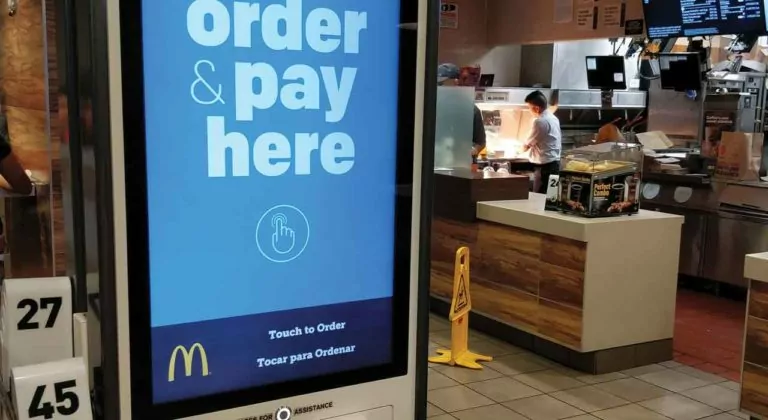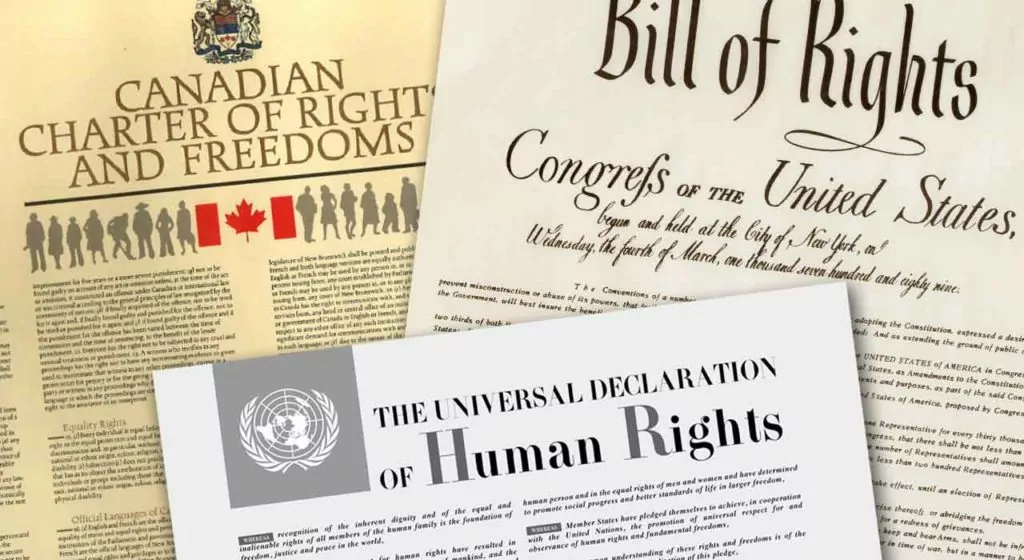As of January 1, the minimum wage in New York City was boosted to $15 an hour, a more than doubling of the $7.25 minimum wage of just six years ago. Three days later The New York Times published a piece with the provocative title:
The $15 Minimum Wage Is Here. Why We Need $33 an Hour.
Author Ginia Bellafante didn’t exactly demand $33 as a new minimum wage or at least didn’t set a timetable to reach that number. She did argue that the new $15 minimum wouldn’t do much to meet New York City workers’ needs and “the war” for an adequate living wage had to continue. Bellafante cited a report by New York’s largest food bank, City Harvest, which calculated that a “single parent with two school-age children…would need to make nearly $69,427 a year” which works out “an hourly wage of just under $33.”
But is need a good basis for a minimum wage? If a single mom needs $33, a married couple with two kids could get by with just half that. So maybe $15 is a good number after all? But then what of that single mom? And what if, instead of just two kids, she had four? Then she would need a lot more than just $33, so should we be looking at a $50 minimum wage, or even higher?
If you see a problem with that idea, you’re recognizing something that many minimum wage proponents do not – that the basis for wages isn’t employees’ needs.
Consider our own buying habits. We don’t buy a car from Ford because Ford needs the money – that’s not a consideration. When we head to Safeway and find out that a dozen bagels are on sale for $5 we might buy them. But not at $10 a dozen – they aren’t worth that to us. So whether we buy them or not depends on what value they return to us for the money we have to hand over.
It’s no different when employers buy labor. They aren’t buying our labor out of a charitable impulse – they are looking to get good value for their money. And like us, if something is overpriced, they aren’t going to buy. That’s why a minimum wage of $50 would be disastrous. Many of us aren’t worth $100,000 a year to an employer so if $50 were the minimum wage, we would be out of work. We would be unemployed because our labor was overpriced by government mandate.
While $15 is a lot lower than $50, not everyone is worth that either. Unskilled workers might not be able to produce $10 or even $5 an hour of value, or at least not until their employer trains them. If the law says they have to be paid $15/hr that makes them unemployable.
It may not even be the unskilled worker who pays the price. Take as example a business that employed high school students at minimum wage, and also employed a single mom who made a bit more. When the owner needed help running the business he began training the single mom to become a manager, and increased her salary to go along with the new responsibilities. Then the minimum wage went up and the owner had to increase the pay of all his high school students. That money had to come from somewhere and the end result was that the owner had to let his manager-in-training go, because he had to use her wages to pay the students. This government-mandated increase, legislated as a means of helping the poor, didn’t help her. High schoolers who had already been happy with their wage got more, but a single mom lost a good job. The government might have meant well, but they didn’t do well.
There is a Christian case to make against the minimum wage and any number of verses could be cited. Prov. 14:31 tells us to be kind to the poor, and while that is the professed intent of the minimum wage, that is not its effect on the least skilled. Just as relevant is Prov. 27:14 which tells us that mere good intentions are not enough – we actually have to be kind. In the online discussions of this article Luke 6:31 was raised: “Do to others as you would have them do to you,” as in employers should pay their employees what they would think fair, were their positions reversed.
True enough, but this verse is applicable the other direction too. Don’t want your job banned? Then don’t ban other people’s jobs. There are any number of reasons why someone might be happy to work for wages below a government-mandated minimum. Someone might want to work for free as an intern instead of spending thousands learning the same skills in university. Low-skilled or no-skilled workers might want to get a foot in the door so they can work their way up to higher paying positions. Some low-paying jobs have fringe benefits, like a parking lot attendant I knew who could do his university homework during his shift. Mentally handicapped people who can’t do as much as others might still enjoy work. Elderly folks who can’t move as quickly as they once did might appreciate a job that doesn’t demand a high output. And students might prioritize flexible hours over big bucks. Do these sound like positions that need to be banned? Should it be the government’s job to make working for less than $15 a crime?
God warns against arrogance (Daniel 4:30) but when a government makes minimum wage laws it is making decisions for millions and presuming it can price the value of people’s labor better than they can themselves, and better than individual employers can. Our governments are trying to manage our economy in a hands-on way that requires them to be near all-knowing and have miraculous powers. But they are not God, and they can not make everyone worth $15/hr. by government decree. In humility, our governments need to recognize that their powers and knowledge are limited, and they are simply not up to that task of running an economy. Is it any wonder, then, that God never asks them to?
This article has been expanded by a couple of paragraphs to answer some of the questions the original version prompted.












